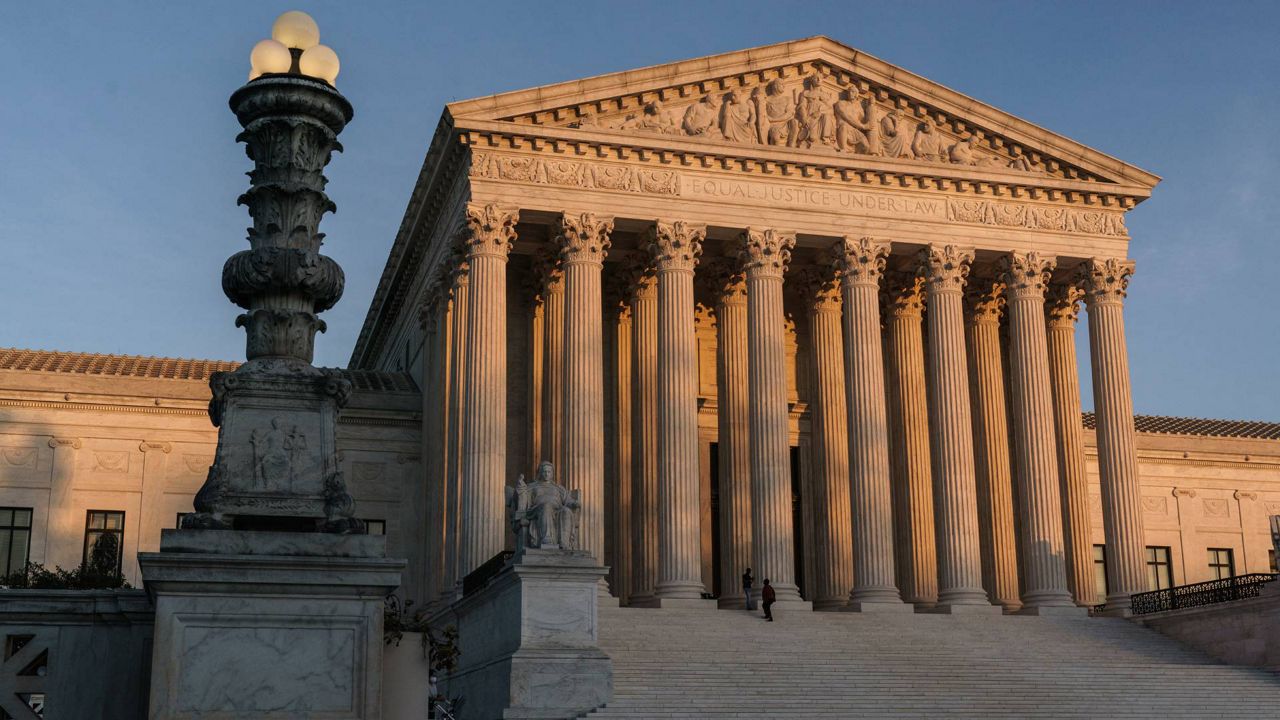New York Attorney General Letitia James is defending a 44-year-old federal measure that is meant to provide protections for indigenous families across the country and now being challenged at the U.S. Supreme Court.
James signed onto an amicus brief with a bipartisan coalition of 24 attorneys general from around the country in support of the Indian Child Welfare Act.
At issue is a 1978 law that was meant to curtail states and private entities initiating child-custody proceedings that removed native children from parents. In some instances, children would be placed in non-triabal foster and adoptive homes.
“Children are the future. Removing native children from their families and communities denies them the opportunity to be immersed in their heritage and denies these nations an integral part of their future,” James said. “The Indian Child Welfare Act was passed to help ensure that Native American children would have access to their communities and awareness about their history and cultural identity. I am proud to stand with a bipartisan group of my fellow attorneys general to defend this settled law and speak out against efforts to weaken or destroy it. We owe it to future generations to keep up this important fight.”
The main provisions of the statute are now being challenged at the Supreme Court. The brief James signed onto argues the law is critical for protecting children and aiding in state-tribal collaboration.
“Prior to the passage of ICWA, Indigenous children were removed from their homes 20 times more often than White children. It is also important to remember that this destructive epidemic of unnecessary removals followed the boarding school system which also removed Indigenous children from their homes and resulted in 1000s of deaths and horrific abuse," said Onondaga Nation General Counsel Joe Heath. "These governmental policies of assimilation and genocide were designed to tear apart families and communities and to terminate Indigenous cultures and Nations. The Onondaga Nation vigorously opposes all attempts to weaken ICWA and its protections for Indigenous children and families, and welcomes the support of those defending ICWA.”



